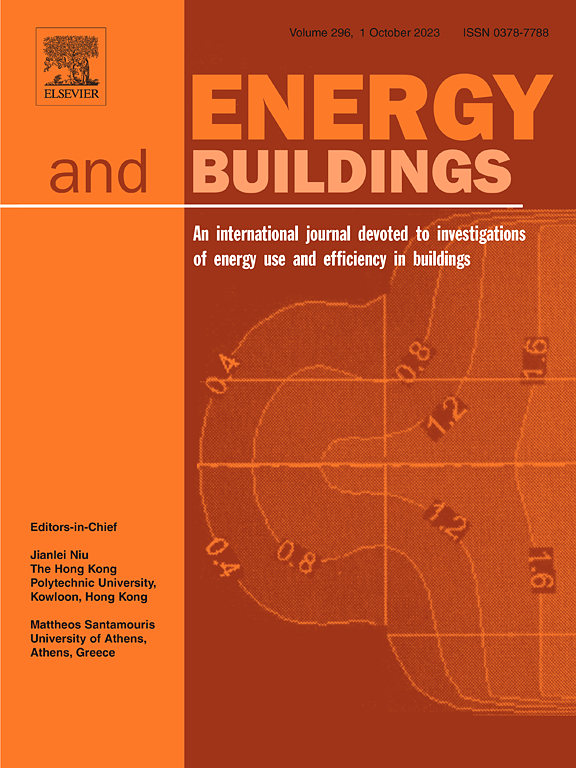Authors: Pablo Hernandez-Cruza, Catalina Giraldo-Sotoa, César Escudero-Revillab, Juan María-Betanzosa, Iván Flores-Abascala
a ENEDI research group, Energy Engineering Department, Faculty of Engineering of Bilbao, University of Basque Country UPV/EHU, Pl. Ingeniero Torres Quevedo 1, Bilbao, Spain
b ENEDI Research Group, Department of Energy Engineering, University of the Basque Country (UPV/EHU), Nieves Cano 12, Araba, 01006, Spain
Keywords: Social housing, Energy consumption, Energy efficiency, Energy performance gap

Abstract: The energy consumption of households is under scrutiny since 27% of the final energy consumption in Europe is due to this sector. The scientific community is making great efforts to analyse the energy consumption of residential buildings; however, in the case of social housing buildings, there is still a significant lack of knowledge regarding their actual energy consumption. Thus, in this research, we have analysed the monthly energy consumption over the last three years of 481 dwellings distributed in 6 buildings of the social housing stock of the Basque Country. We have normalised the heating and DHW consumption so as to have a sample of observations only dependent on the user behaviour. The results of the statistical analysis performed show that there is a significant variability of consumption in dwellings within the same building. The user behaviour strongly affects the efficiency of the centralized systems of the buildings, whose average value has turned out to be 65%. The overall energy consumption in these social housing buildings has been found to be considerably lower than the regional, national and European average indicators. Furthermore, the Energy Performance Gap differs from the average values found in the literature. This means that the measured final energy consumption of these buildings is 0.70 to 2.28 times the predicted calculated consumption.